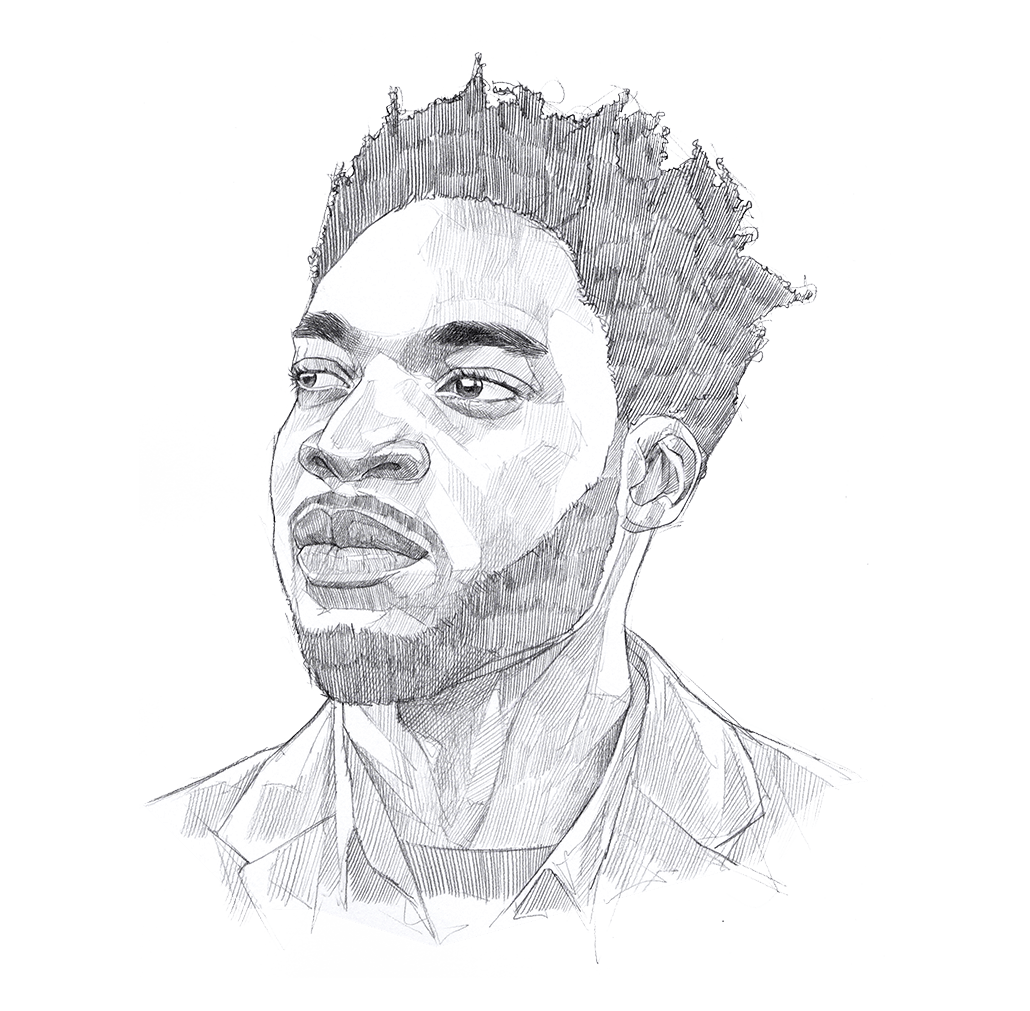It’s something we need to make our youth aware of
Participant 1: At what age do we think we should start to have these conversations with younger black men? I know it's kind of a big question, but I think it's a question, or at least a discussion that we need to be engaged in- because if we don't, then we end up waiting too long. If you try to talk to someone in their mid 20s about this, they've already had some years of experience in situations like this.
Participant 2: I think that, especially because I have a little brother and a son, I think at least by like 13, because most kids start drinking by 15, and when I was in grade six, we started having sex ed talks, but they don't include sexual assault. So, I think by at least 13 you should tell the younger generation about this type of stuff. Especially athletes, young black athletes because they have it worse than others. I tell them how it is growing up- you’ve got to be careful with certain things you do, like, how you approach certain things. You’ve got to come with a mindset, that... you can't just be going out doing reckless stuff like you would when you was younger. Not everything's the same- once you grow older, its different.
Facilitator: Yeah, I agree with what the previous speaker just said. The younger, that we're able to reach young black men, obviously, at a point where they'll be able to understand what we're talking about. From preteen to teenage years, you definitely want to make them aware. Because I know a previous speaker said earlier in the session about how on the other side as well, you can get in trouble for, for doing something- you might not really be doing anything wrong, but it can it can go both ways. Either it can happen to you, or, someone might say you did it to them, even though you didn't do it. As a black male, like someone else mentioned, how black males are perceived in our society and, and how far back or how deep that goes, back to the 19-1800s. So it's definitely something that we need to make our youth aware of, just so they're understanding both sides. And I think we need to, to work on toxic masculinity and how that affects how we would deal with this.
Recommendations
-
Create and promote avenues for comprehensive consent education.
-
Including male students across cultures in discussions of sexual violence, gender stereotypes, and stereotypes of masculinity.
-
Ensure educational materials and initiatives explore relationships between sexual violence and drugs/alcohol. These materials should be mindful of pressures to over-consume and the fact that some international students are unfamiliar with drinking culture. Ensure and/or highlight the fact that no student who discloses or reports sexual assault will be penalized for substance use related to the incident in question.
-
Be aware of damaging assumptions about Black and Middle Eastern male sexuality; consider problematizing this form of bias in education and awareness campaigns. In working with students from these demographics in relation to a disclosure or report, demonstrate awareness that such biases exist, and demonstrate intention not to be swayed by such assumptions.

